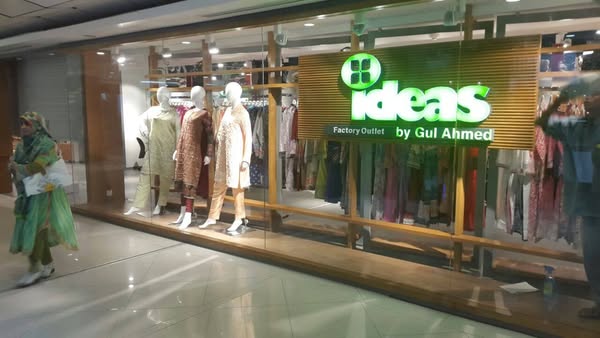Gul Ahmed Textile Mills Ltd (GATM) has reported a nine‑month after‑tax profit of Rs2.14 billion (EPS Rs2.89) for fiscal year 2025 to March, a 7% slide on the same period last year. Revenues grew 13% year‑on‑year to Rs119.09 billion, but this was eclipsed by a double‑digit rise in cost of sales and a hefty increase in finance charges, which together shaved 110 basis points off the gross margin and left bottom‑line growth firmly in negative territory. The deterioration was most acute in the third quarter, when finance costs swelled 85% as the company relied more heavily on short‑term borrowing to fund working capital and energy needs.
Management told analysts at a post‑results briefing that the single largest pressure point remains energy. GATM’s monthly gas bill has ballooned from Rs350 million to Rs1.1 billion in just three years, while the blended cost of electricity now hovers around 9 US cents per kWh – a punishing level for a mass‑market textile exporter operating on single‑digit yarn margins.
Despite these headwinds, operating profit still inched up 2% to Rs6.83 billion, helped by a 28% jump in third‑quarter gross profit as the group pushed higher‑margin home‑textile orders and enjoyed a modest respite in raw‑cotton prices. Yet that gain was largely offset by the surge in finance costs and a 16% increase in levies, leaving pre‑tax profit 16% lower than the previous year. The content in this publication is expensive to produce. But unlike other journalistic outfits, business publications have to cover the very organizations that directly give them advertisements. Hence, this large source of revenue, which is the lifeblood of other media houses, is severely compromised on account of Profit’s no-compromise policy when it comes to our reporting. No wonder, Profit has lost multiple ad deals, worth tens of millions of rupees, due to stories that held big businesses to account. Hence, for our work to continue unfettered, it must be supported by discerning readers who know the value of quality business journalism, not just for the economy but for the society as a whole.To read the full article, subscribe and support independent business journalism in Pakistan
























